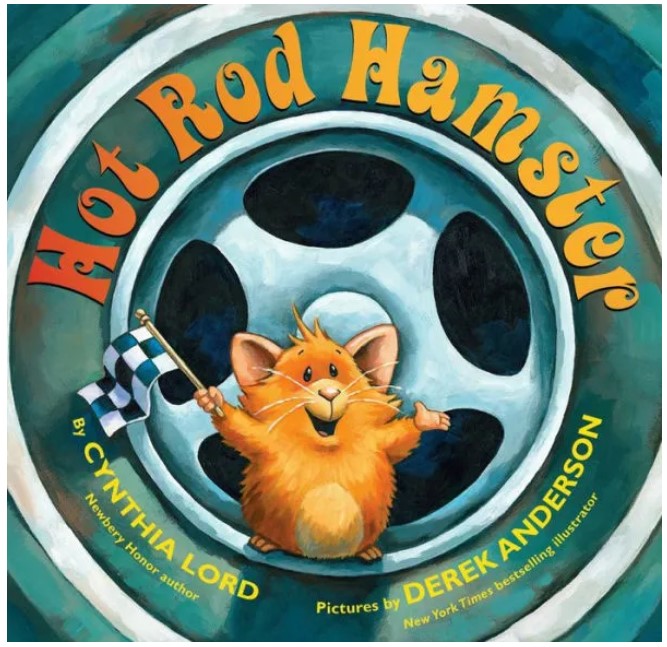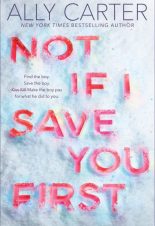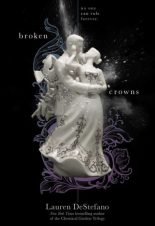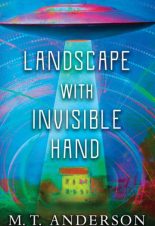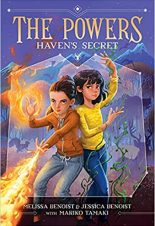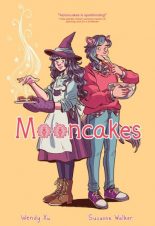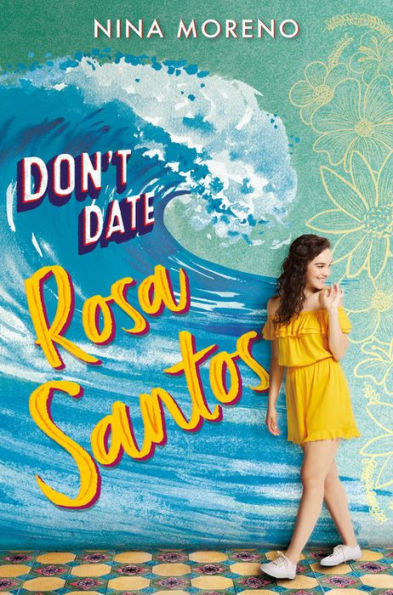
Buy This Book
“I was home, and talking about Cuba had no place here. Mimi was never returning, my mother was always leaving, and I was a flightless bird left at her harbor, searching for answers that were buried at the bottom of a sea I could not know,” Rosa Santos. –Don’t Date Rosa Santos
Don’t Date Rosa Santos
by Nina Moreno
AR Test, LGBTQ, Teaches About Culture
12+
Score
4.7
335
Everyone in Port Coral knows that the Santos family is cursed by the sea. After all, two generations of Santos women have loved men who were lost to the ocean. Which is why, even though she’s lived in a coastal Florida town for most of her life, eighteen-year-old Rosa Santos has never even stepped foot in the ocean.
Rosa has the next few years of her life all planned out. In a few months, she’ll be graduating from high school with both her diploma and a two-year degree from the local community college. Then it’s off to a four-year university where she’s been accepted in a study abroad program at the University of Havana. She’ll finally be fulfilling her lifelong dream of traveling to Cuba, the island of her ancestors. She just hasn’t quite figured out how to tell her Grandmother. It won’t be an easy feat. After all, Mimi Santos has always refused to talk about Cuba.
But when an offer to buy the Marina threatens to destroy Port Coral, Rosa must set her plan aside and help put together a fundraiser to save her beloved hometown. It might be more difficult than expected, considering she’ll be working side by side with the distressingly cute Alex Aquino. Her growing crush wouldn’t be that bad, except Alex happens to be the one thing that ought to be strictly off limits to a Santos girl like her: a boy with a boat.
Rosa struggles with some uniquely heavy issues like inherited grief and the immigrant experience of feeling like she doesn’t quite fit into her own culture. Although these issues might be difficult for some readers to fully comprehend, they are important, especially for Latinx teens looking to find themselves in a story. These tough themes are balanced out by the more “everyday” issues Rosa deals with, including the college application process and harboring a secret crush.
Although there are plenty of adorable and romantic moments, the story itself goes beyond the typical rom com. Moreno makes a beautiful exploration into the many ways that love can manifest itself; from the years of love and loss that bind the Santos women together, to the thrill of a relationship just beginning, to the overarching love that creates a community. The characters are all well developed and both Port Coral and Cuba come alive on the page.
Readers are sure to fall in love with the complex story of the Santos women, which is equal parts heart wrenching and hopeful. Don’t Date Rosa Santos is a wonderfully diverse story about family, identity, and finding your place in the world.
Sexual Content
- Mimi tells Rosa that if she could go anywhere in the world, she would go to Hawaii because “I like The Rock. He is very handsome.”
- Jonas kisses his fiancee hand.
- When Rosa is being teased about boys, she thinks “There had been kisses at parties and group movie things, but nothing to write home about.”
- Rosa’s mother says, “You haven’t had a crush in forever.” This prompts Rosa to reflect on her recent crushes: “An older guy in my calculus class at Port Coral Community who always held the door open for me, and a girl from the ice cream shop who never wore the same name tag and told me I smelled like strawberries.”
- Rosa’s friend Mike teases her about “running away with an Argentinian sailor.”
- Rosa asks Mike if he would date her. She says, “I was just curious if you’d ever think of me like that.”
- Rosa describes Alex, the love interest, as “a very cute sailor tattooed with the sea.”
- Rosa runs into Alex at the dock. He asks her to sit, and she decides to stay because “I needed a moment and this little seed of a crush really wanted me to sit with him.”
- Alex runs a hand over his beard, and Rosa finds herself “wondering how it might feel to run my fingers across his beard and maybe press my face to his neck. I frowned, surprised at myself. Talking by moonlight softened a lot of edges.”
- Rosa and her friend have a conversation about Alex in which her friend describes him as “super hot.”
- While stuck on the side of the highway, Alex and Rosa kiss for the first time. “He smiled and ducked his head. He captured my lips in a kiss that already tasted bittersweet.” The kiss is described for about half a page.
- Rosa’s friend tells the boys that they missed their chance with Rosa because she is “out here getting kissed by cute boys with man beards and baked goods.”
- When Rosa is getting ready for her first date with Alex, she is advised to “Scoop him up and throw some sprinkles on that. Drizzle the caramel. You get me. Doodle his name in that little journal of yours. Doodle it hard.”
- At the end of their date Alex tells Rosa, “I like you like you.” The two kiss briefly at the end of the scene.
- When Rosa agrees to be Alex’s second for the regatta, he kisses her “quickly.”
- When Alex and Rosa win the regatta, he “pulled me against him and dropped a hard, grateful kiss on my lips.”
Violence
- During an argument, Rosa’s mother opens up about the death of Rosa’s father. “Tell [Rosa] that my love killed him. . . I loved him too much, so the sea took him. When this whole town cried for the lost boy at sea, you looked at your own daughter and her growing middle and said it was the cures. That it was me.”
Drugs and Alcohol
- Rosa says that the vejitos, a group of old Cuban men living in Port Coral, act “like a person could live forever on coffee, rum, and cigars.” She later describes them as smelling like “sharp aftershave and cigars.”
- Rosa says that Junior, one of the Peña Cousins, “used to sell weed, but now he was focused on getting his mixtape to go viral.”
- Rosa’s mother returns home drunk after she “bought a bottle of wine and sat at the end of the dock where I drank the whole thing before slipping a note inside and chucking it into the water.”
Language
- Oh my God, God, Dios mio, Por dios, and Jesus are all used frequently as exclamations. For example, when Mrs. Peña mentions jazz band, Ana replies “God, don’t say that so loud.”
- Profanity is used frequently. Profanity includes: damn, hell, crap, and asshole.
- Ana tells her brother that her drums “cost more than your shitty car.”
- Ana tells Junior not to be “a dick.”
- Mimi gets angry about the current state of Cuba and exclaims “Carajo qué mierda.”
- Rosa’s mother says “Come mierda,” a phrase that literally translates to “shit eater” which Cubans often use to mean “dumbass.”
Supernatural
- The Santos Women believe that they are cursed. The men they love are destined to die at sea. Rosa explains, “The lullaby of my life is that to know the sea is to know love, but to love us is to lose everything. We’re cursed, they still whisper, but whether it’s by an island, the sea, or our own stubborn hearts, I don’t know.”
- Rosa’s grandmother acts as the neighborhood curandera. According to Rosa “The neighborhood curandera oversaw concerns about struggling gardens, bad dreams, career changes, and terrible luck, and she brewed hope frothier window that smelled like herbs and dryer sheets.”
- Mimi owns a magical wind chime. “There was a wood and steel wind chime that was steady when the day was nice, a little wilder with the rain, and as agitated as a scared kid when bad luck was coming.”
- Rosa owns a magical backpack. “Mimi had sewn it before I started high school, enchanting it with powerful words so it would always carry whatever I needed and never get lost.”
- Rosa’s mother coming home has interesting consequences. “She and the house were like warring siblings, and it always knew when she returned, because it stopped working. Food burned, candles wouldn’t stay lit, and worst of all, my laptop always struggled to find the Wi-Fi signal.”
- Rosa’s mother practices tarot. “Sometimes there was a knock at the door, late at night when she was home, and a sad eyed soul waiting on the other side. Mom would sit with them, cards spread across the old wood table. My mother was a storyteller fluent in spells and heartache.”
- Mimi keeps a notebook that has “ingredients listed for different oils and potions,” as well as accounts of miracle helpings back in Cuba.
- Rosa says that she puts acorns on windowsills “so lighting won’t strike my house.”
- When Ana loses her drum sticks, she asks Rosa to “Give me some brujeria, Rosa. Throw down some shells, fire up some smoke! I need that tracking-lost-things spell!”
- Mimi uses magic to create a replica of Havana in the middle of Port Coral.
- When Mimi is describing Cuba, she says that Tia Nela warned her not to leave. “She warned me our land was bleeding and the sea would demand a sacrifice.”
- Rosa knows something is wrong because the wind chime “was wild with panic.”
- Rosa and her mother participate in a ritual where they see and hear Mimi and Alvaro’s spirits. The description lasts for about three pages.
Spiritual Content
- When Rosa asks if Mimi would ever return Cuba Mimi responds, “My spirit will, mi amor.”
- Rosa has an altar set up in her room, which includes, “a couple of pastel candles and fresh flowers sat beside a faded sepia picture of my grandfather and the single Polaroid I had of my father.”
- When he sees Rosa, a sailor makes an old warding sign, “To keep evil away.”
- After Rosa’s mother returns home, Mimi cleanses the house. Rosa’s mother claims it’s because of her “bad juju.”
- Mimi and Rosa both pray to saints and ancestors throughout the story. For example, when Rosa’s mother comes home drunk, “Mimi reached for the saint medallion on her nightstand and muttered a prayer.”
- Rosa and Ana perform a cleansing spell. “[Rosa] exhaled a shaky breath before asking for protection and guidance. Anna dimmed the lights, watching me. With the swipe of a match, I lit the wick and held the egg over the flickering candle light for a few seconds before closing my eyes and mindfully holding it to the top of my head.” The description of the full ritual is spread out over about six pages.
- Rosa cleans off her altar and asks her deceased father and grandfather for advice. She says, “I could really use some help with college. Can you see the future? Yeah, it probably doesn’t work like that. But maybe you can get together with my other ancestors and let me know what you think? Some clarity on this would really help.”
- Rosa listens to one of Mimi’s patients talking about a healing miracle. The patient says that it was “like listening to someone describe a version of la Virgen.”
- When Mimi is describing Cuba, she says “If her cities fall, if we’re all gone, may God watch after her.”
- While at the hospital, Ana and her mother pray silently.
- When Alex offers to spend the night, Rosa says that she needs to lose herself in “inherited rituals.”
by Evalyn Harper
“I was home, and talking about Cuba had no place here. Mimi was never returning, my mother was always leaving, and I was a flightless bird left at her harbor, searching for answers that were buried at the bottom of a sea I could not know,” Rosa Santos. –Don’t Date Rosa Santos
Latest Reviews

Friends Fur-Ever

Harry Houdini: A Magical Life

The Greedy Gremlin

Hoop Genius: How a Desperate Teacher and a Rowdy Gym Class Invented Basketball

Our Violent Ends

Healer of the Water Monster
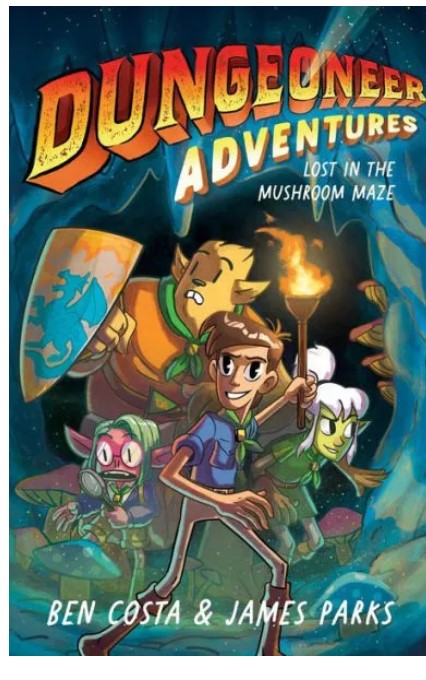
Lost in the Mushroom Maze
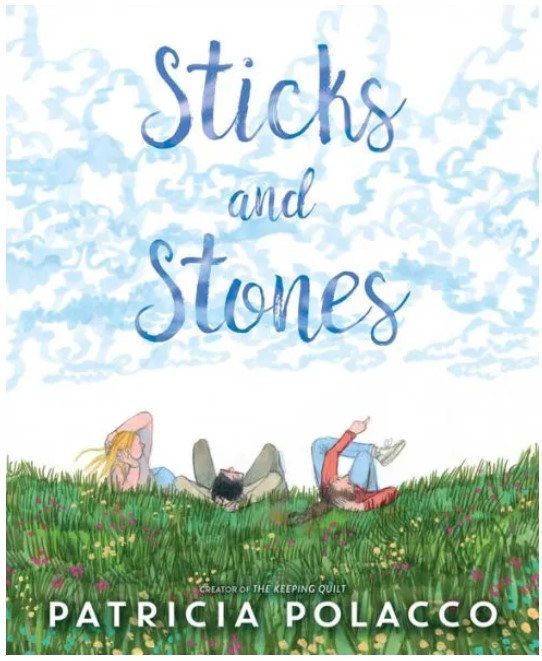
Sticks and Stones
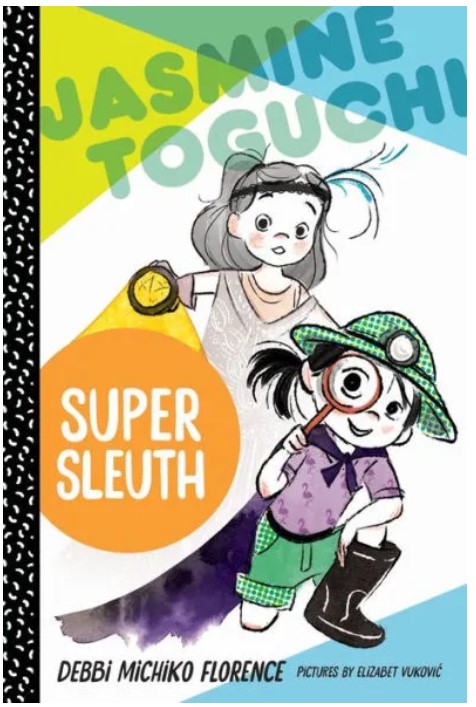
Jasmine Toguchi, Super Sleuth
